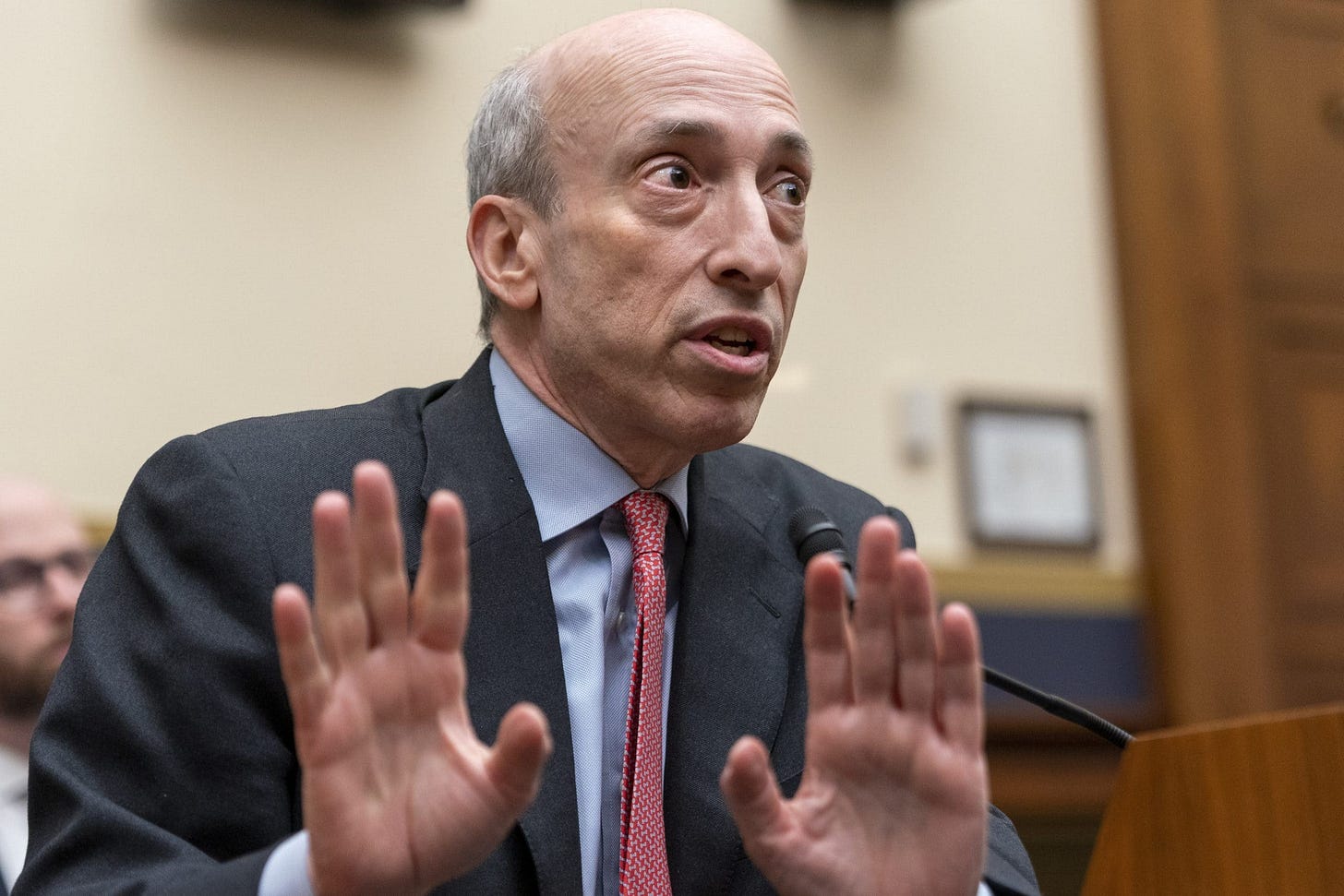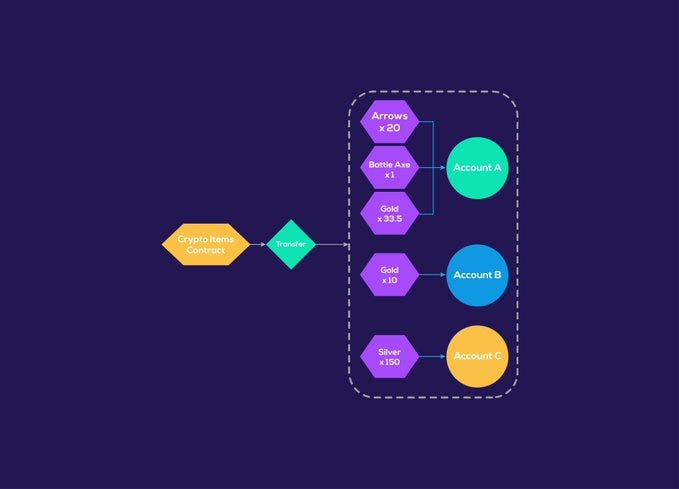Skill Tree #17 - May 21
Axie on the app store - what does it mean for web3 gaming? On-chain gaming - the next wave? Is is possible to iterate open economies?
A Primer on fully on-chain gaming
Matt believes on-chain gaming will soon hit a compounding growth trajectory.
Key #1: Development of shared standards/toolsets which make prototyping games more efficient. Examples: MUD engine, Dojo, Starknet gaming eco, ArgusLabs’ World Engine
Key #2: With better toolsets, we are seeing an influx of game announcements. Examples: launch of Primodium, season 2 announcement from 0xMonaco, start of playtesting for Sky Strife
On-chain games are worth paying attention to because they are a breakthrough applicaction of blockchains rather than incremental improvements over existing models.
Permissionless Composability allows for modding on steroids. For example, creating a new UI or leveraging game state
Trustlessness & Transparency
Permanence & Immutability add meaning to game worlds
My thoughts: I can relate to the comparison of on-chain games to modding. While step #1 is providing the toolsets, on-chain gaming has the potential of becoming bigger than the modding scene by creating a fairer, open (meta) economy around community creations.
Autonomous Worlds
World = container for entities and a coherent-enough internal ruleset about how they behave. When a system of entities and rules comes to life, it becomes a World.
To be part of a world, the entity has to respect the introduction rule of the world. For example, in WoW a players exists if the game server says so. The game server is run by Blizzard. The introduction rules set the boundaries of the world. These boundaries can be hard or soft.
Blockchains create hard boundaries of worlds through consensus. The universal state is the source of truth.
Autonomy
Blockchains are more autonomous than other rulesets. For instance, in the case of WoW it’s a permissioned organization. Blockchains on the other hand are a neutral layer anybody can built upon.
Nobody can unplug autonomous worlds. Autonomous Worlds have hard diegetic boundaries, formalised introduction rules, and no need for privileged individuals to keep the World alive.
Primitives of Autonomous Worlds
Primitives are core building blocks for autonomous worlds, such as design contraints/rulesets, crafting mechanisms, or reward distribution functions. Primitives allow builders to focus on game development, w/o thinking about tokenomics, UA, infrastructure and tooling, etc.
Primitives define a simple game but infinite, more complex games can be built on top.
Primitives build a shared economy layer between activities/games in an autonomous world. Constraints are needed to balance the economy, for example through zero-sum mechanics.
Axie on the app store - a first step for web3
Axie Infinity Origins has been approved in the app store with limited availability in Argentina, Colombia, Peru, Mexico, Venezuela, Indonesia, Malaysia, and Vietnam. Additional regions may follow, with Apple playing gatekeeper.
The biggest news: Players are able to use their NFTs in-app.
My thoughts: While the news has been celebrated as a big step forward, I think it’s more of a first small step (sorry to be the party-pooper).
Apple restricted initial access to selected regions. These are mainly markets where Axie is already strong in. Also, these are not the main, tier 1 mobile gaming markets.
Players can use their NFTs but neither can they buy them in-app nor can Axie link out to a web version of their marketplace.
It’s definitely a step in the right direction and I can see the work it takes to get Apple to approve something like this. But it doesn’t directly revive web3 gaming. Also, it’s still a long way to go that will require magnitudes of convincing more to get web2 gatekeepers to fully embrace NFTs.
Iterating open economies
Sinjin shared his opinion that it’s not possible to iterate open economies. It’s a topic I’ve been thinking about before, and we had a short discussion that I wanted to share here
My thoughts: All economies fluctuate around an equilibrium and the swings usually get bigger over time because of path dependencies. The goal is minimize the fluctuations so that they don't kill the economy. Seasonal resets, planned into game & economy design from the start, can help to break path dependencies, thereby preventing large boom-and-bust cycles.
imo it’s also easier to effectively make use of control levers in economies with low complexity and interdependencies. Isolating systems can allow economists to stop negative events from spreading throughout the economy.
Uses cases for semi-fungible tokens
The ERC-1155 standard allows for different fungible and non-fungible tokens within the same contract.
Easier trading experience (better UX on marketplaces, potential to use AMMs)
Game assets can start as semi-fungible tokens and can later be transformed into non-fungible tokens later (e.g. as the player upgrades them)
Building a light MMO with a small team
Make use of existing infrastructure. Managed services = years of R&D work to leverage
Game Design needs to be aligned with scalability targets
Analytics & metrics are vital








